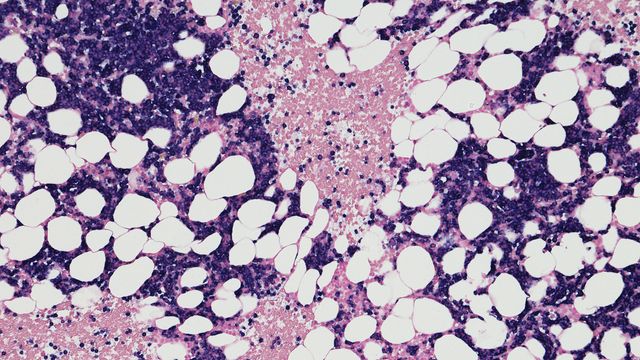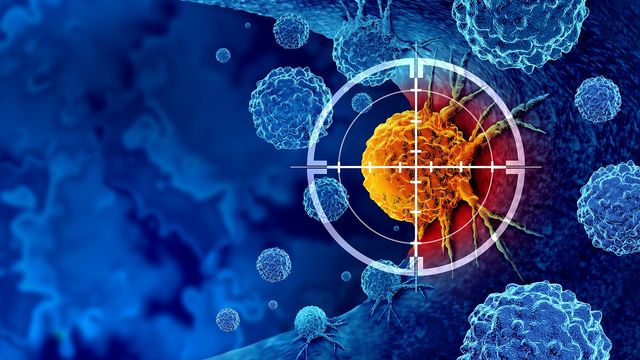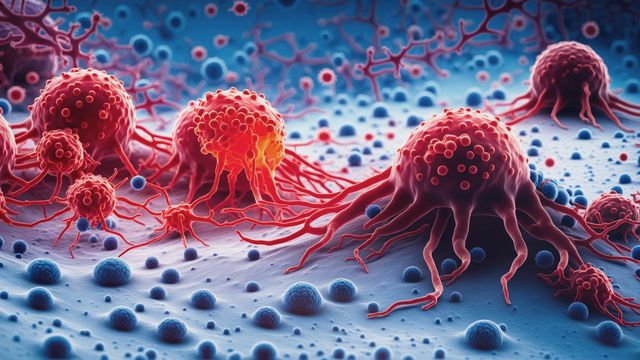Trending News
News
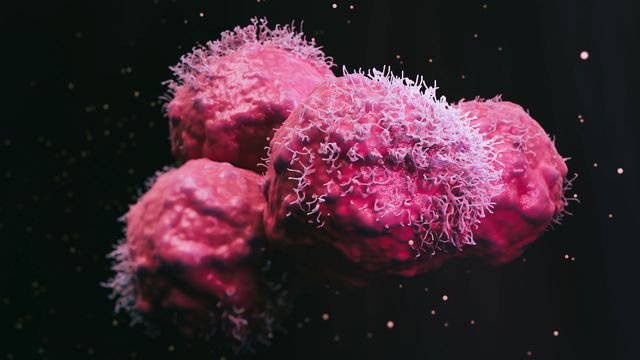
News
Scientists Uncover Cancer-Fighting Power of Plant Virus
Researchers have taken a closer look at how the cowpea mosaic virus (CPMV), unlike other plant viruses, is uniquely effective at activating the body’s immune system to recognize and attack cancer cells.
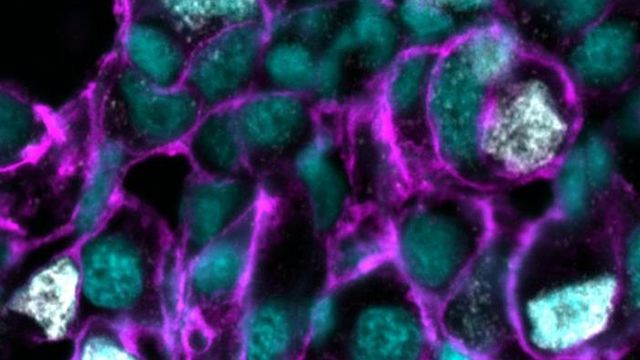
News
Blocking Minor Splicing Slows Tumour Growth in Cancer Models
A WEHI-led study reveals that blocking minor splicing – an RNA process critical for cell division – reduces tumour growth in models of liver, lung and gastric cancers. The approach selectively affects cancer cells reliant on KRAS mutations.
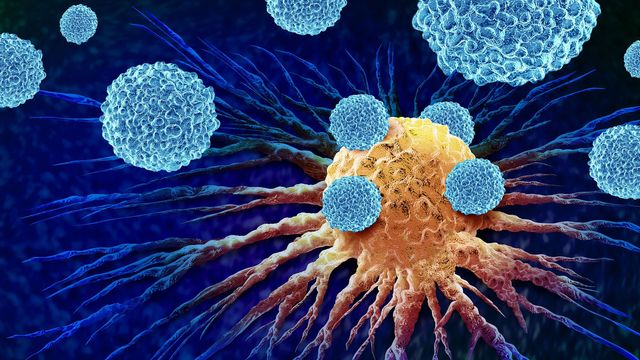
News
Hormone Suppresses Immune Cells, Allowing Cancer Cells To Avoid Detection
Researchers have discovered how a hormone interacts with a receptor on the surface of immune cells to shield cancer cells from the body’s natural defenses.
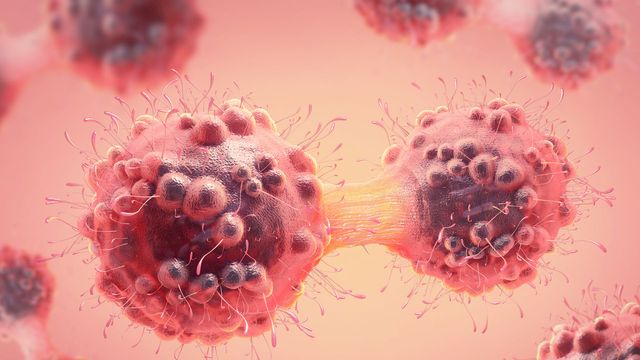
News
Scientists Simulate Cancer Cell Behavior
Researchers at the University of Maryland School of Medicine invent software fueled by genomics into mathematical models to predict cancer cell behavior.
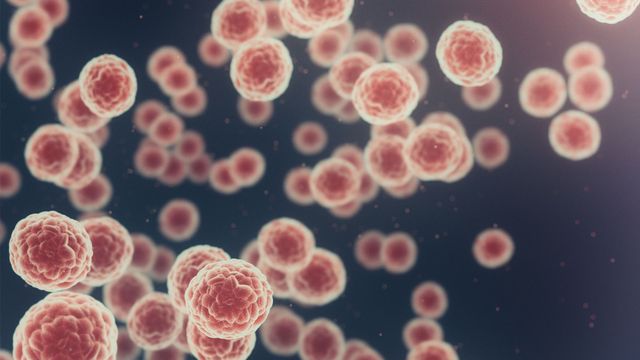
News
Uncovering How Prostate Cancer Becomes Deadly
In a significant advancement for prostate cancer research, a first-of-its kind study led by Emory researchers uncovered how the disease transforms into its most lethal form — and identified a promising new treatment strategy.

News
Genetic Screening Reveals Drug Combination for Hard-To-Treat Cancers
Using CRISPR gene editing, researchers revealed a combination of therapies that showed promise in treating cancer in preclinical models. The study could help guide development of new therapies for some treatment-resistant cancers.

News
Microscopic Containers Enable Precision Drug Delivery
By encapsulating magnetic particles in lipid vesicles, researchers have created microscopic drug delivery containers which magnetic fields can steer to precise locations in the body. The result has promise for precision medicine and cancer treatment.

News
Firefighter Blood Study Reveals Early Genetic Signs of Health Risk
Researchers found that PFAS exposure in firefighters alters microRNAs tied to cancer and other diseases. Analyzing blood samples, they linked specific PFAS to miRNA changes connected to cancer, neurological and autoimmune pathways.
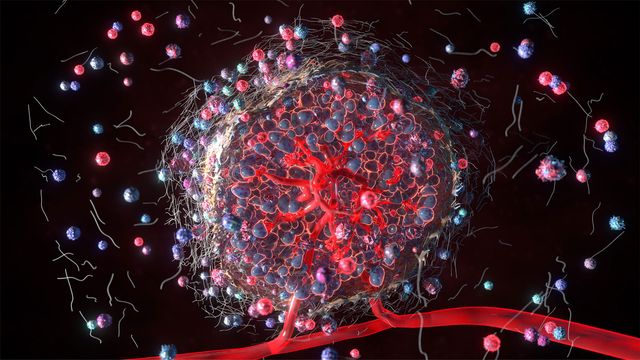
News
Reshaping the Tumor Environment To Boost Cancer Treatments
Scientists at Sanford Burnham Prebys have demonstrated that blocking macropinocytosis reshapes the tumor microenvironment, making it less fibrous and allowing more access to immune cells.
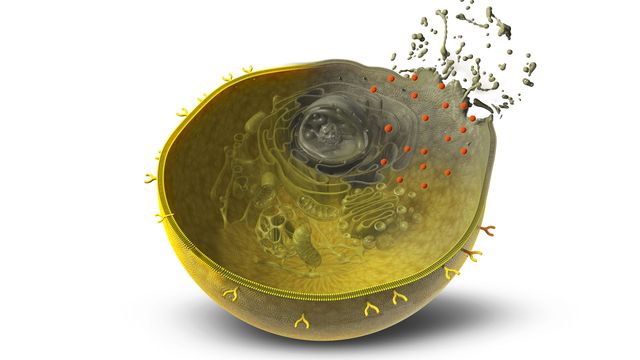
News
AI-Designed Proteins Reprogram Immune Cells To Target Cancer
A new method can produce custom-designed proteins in just 4-6 weeks, enabling the body's immune system to arm T cells and attack and kill cancer cells.
Advertisement
